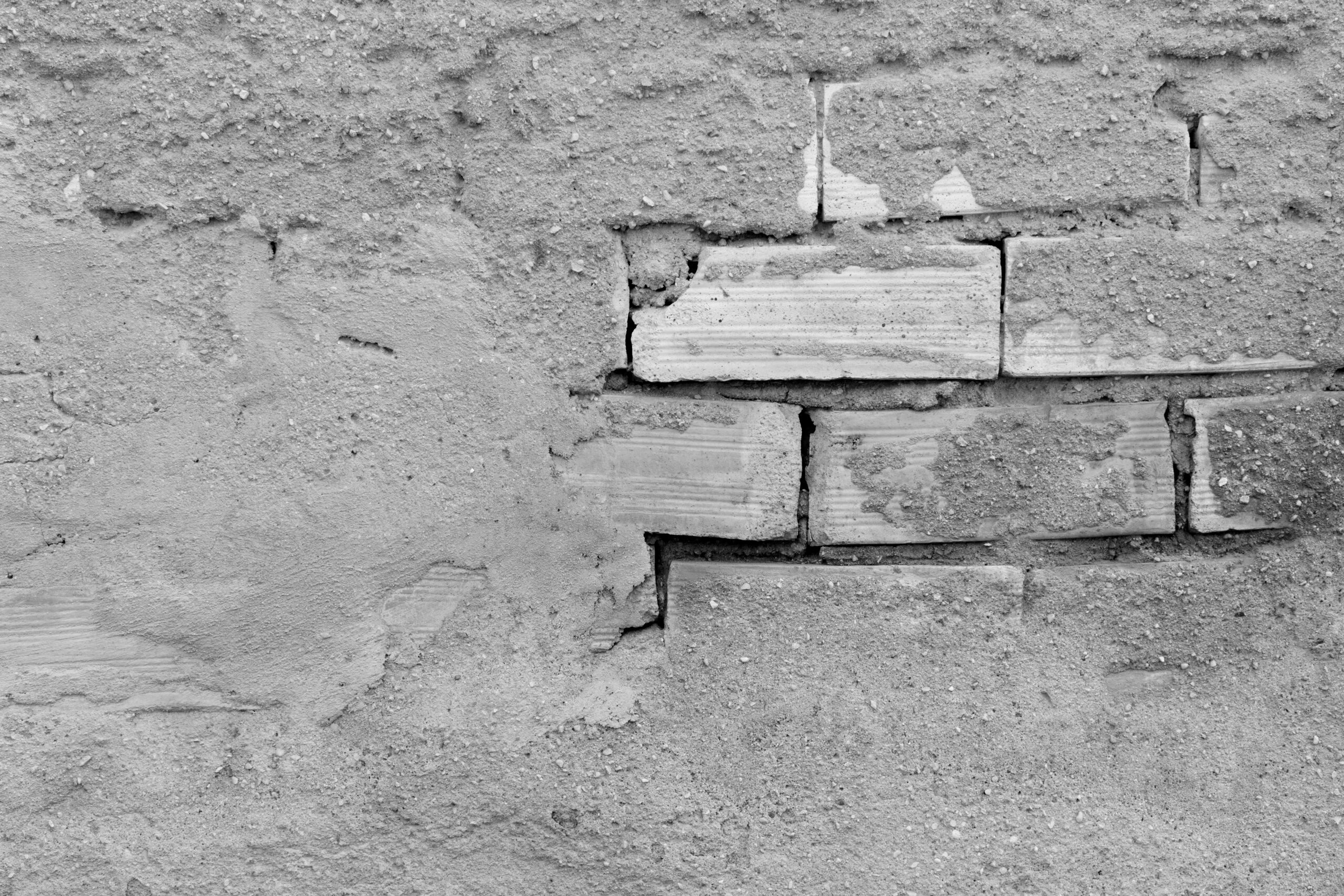How To Repair A Crack In A Masonry Foundation
Cracks in a masonry foundation can lead to serious structural issues if left unaddressed. Homeowners in Long Island, Brooklyn, and Queens are especially prone to these problems due to the region’s diverse soil types, fluctuating temperatures, and older building stock. In this blog, we’ll cover why masonry foundation cracks occur, how to assess their severity, and effective repair techniques tailored to your home’s needs.
Understanding Masonry Foundation Cracks
Masonry foundations, constructed from materials like concrete blocks, bricks, or stone, are robust but susceptible to cracking due to:
- Settling Soil: Uneven or loose soil can cause foundations to shift.
- Hydrostatic Pressure: Water buildup around the foundation exerts pressure that leads to cracks.
- Temperature Changes: Freeze-thaw cycles in winter expand and contract the materials, creating stress.
- Aging and Wear: Over time, even the most durable foundations can develop weaknesses.
Types of Masonry Foundation Cracks
Knowing the type of crack can help determine the severity of the problem:
- Vertical Cracks:
- Often caused by settling or shrinking concrete.
- Usually less serious but require monitoring.
- Horizontal Cracks:
- Caused by soil pressure or hydrostatic forces.
- These are more severe and may indicate structural issues.
- Diagonal Cracks:
- Often seen in corners due to uneven settling.
- They can vary in severity depending on the width.
- Stair-Step Cracks:
- Common in brick or block foundations.
- Indicate shifting or settling issues.
Foundation Cracks: When to Worry
- Horizontal Cracks:
- Often indicate severe structural issues caused by hydrostatic pressure.
- Immediate professional inspection is needed.
- Wide Cracks (Over 1/4 inch):
- Can signal significant foundation movement or settling.
- Especially concerning if they continue to widen over time.
- Stair-Step Cracks in Masonry:
- Typically caused by uneven settling.
- May compromise structural integrity if left unaddressed.
- Water Seepage or Dampness:
- Cracks allowing water in can lead to mold, mildew, and structural weakening.
- Cracks Accompanied by Door/Window Issues:
- If doors or windows stick or don’t align, it could indicate foundation shifts.
If you notice any of these signs, consult a professional like Zavza Seal LLC immediately to assess and address the problem.
Steps to Repair a Crack in a Masonry Foundation
1. Assess the Damage
- Inspect the crack’s width and length.
- Monitor if the crack is widening over time.
- Consult a professional for an in-depth evaluation if the crack exceeds 1/4 inch.
2. Clean the Area
- Remove dirt, debris, and loose material from the crack using a brush or vacuum.
- For larger cracks, use a chisel to widen and clean the edges for better adhesion.
3. Choose the Right Repair Method
- Small Cracks (Less than 1/4 inch):
- Apply masonry crack filler or an epoxy sealant.
- Smooth the surface with a trowel.
- Medium Cracks (Up to 1/2 inch):
- Use hydraulic cement for a durable, water-resistant seal.
- Ensure the crack is damp before application for better adhesion.
- Large Cracks or Structural Issues:
- Inject polyurethane or epoxy resin to fill and stabilize the crack.
- Install carbon fiber strips or anchors for additional support.
4. Address the Underlying Cause
- Improve Drainage: Redirect water away from the foundation using gutters, downspouts, and French drains.
- Soil Stabilization: Compact the soil or use gravel to reduce settling.
Preventing Future Cracks
- Waterproofing: Apply waterproof membranes to the foundation’s exterior.
- Regular Inspections: Periodically check for new cracks or changes in existing ones.
- Maintain Proper Drainage: Ensure water doesn’t pool around the foundation.
- Seasonal Maintenance: Address freeze-thaw cycles by insulating your foundation.
Foundation Crack Repair Cost in Long Island, Brooklyn, and Queens
Average Costs
- Small Cracks (Less than 1/4 inch): $300–$800 per crack.
- Repair: Sealants or epoxy injections.
- Medium Cracks (Up to 1/2 inch): $800–$2,500 per crack.
- Repair: Hydraulic cement or epoxy with reinforcements.
- Severe Cracks: $2,500–$10,000 or more.
- Repair: Structural stabilization, soil work, or waterproofing.
Factors Affecting Costs
- Type of Foundation: Concrete vs. brick or block.
- Damage Extent: Larger or structural cracks cost more.
- Accessibility: Hard-to-reach cracks or exterior excavation add expenses.
Why Choose The Mudjacking Contractor for Masonry Foundation Repairs?
Homeowners in Long Island, Brooklyn, and Queens trust Zavza Seal LLC for professional foundation repair services because:
- Local Expertise: We understand the unique challenges of the region’s climate and soil.
- Advanced Techniques: From crack injection to structural reinforcements, we use cutting-edge methods.
- Proven Results: Our team has successfully restored countless masonry foundations.
- Comprehensive Solutions: We address the root cause of the issue, ensuring long-term stability.
Get Professional Help Today
Don’t let a small crack in your masonry foundation escalate into a major problem. Contact The Mudjacking Contactor for a free consultation and expert repair solutions.
Contact Us
- Phone: (347) 284-0280
- Website: https://mudjackingcontractor.com/
Protect your home’s foundation and enjoy peace of mind this season. Reach out to The Mudjacking Contractor today!

